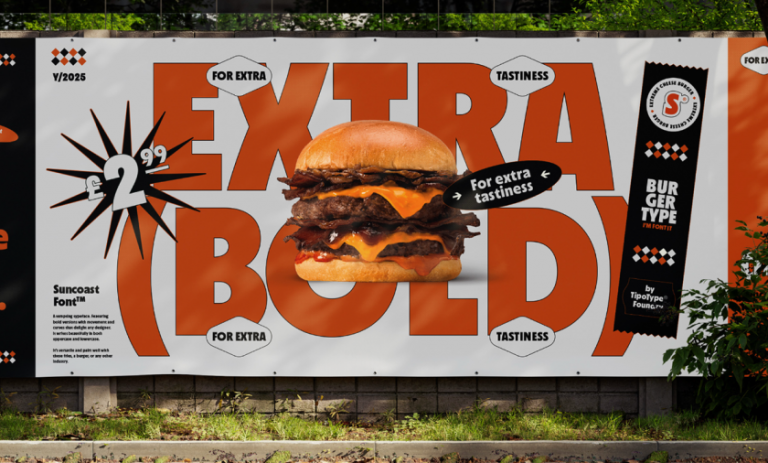Titled ‘You’ll always be a King’, this campaign for the fast-food giant is more sophisticated than it might first appear.
Over the last couple of decades, government bodies have been keen to clamp down on companies advertising anything but the most wholesome products to children. So not only is smoking and drinking out but any material encouraging children to eat foods that are high in fat, salt or sugar is strictly forbidden.
Guidance from the Advertising Standards Authority states, for example: “Ads should not condone or encourage attitudes associated with poor diets or unhealthy lifestyles; for example, skipping meals, a dislike of green vegetables, hiding consumption from parental figures or suggesting that an inactive or sedentary lifestyle is preferable to physical activity.”
Elsewhere, it notes that “Ads for food/soft drink products that are high in fat, salt or sugar (HFSS) must not be directed at people under 16 through the selection of media or the context in which they appear. This means that ads that directly promote (or have the effect of promoting) HFSS products must not appear in ‘children’s media’ (i.e. media where under-16s are the main target audience) or other media where under-16s make up more than 25% of the audience.”
Burger King has recently fallen foul of these regulations, with the Advertising Standards Authority banning three Burger King CRM ads in February that offered discounts that could be redeemed by under-16s without the permission of a parent or guardian.
Which must be frustrating for its marketing department, because the “pester power” of kids is one of the most powerful ways to get adults through the doors of its restaurants.
In that light, we’re intrigued to see the fast-food giant launch a new campaign that sidesteps the issue by marketing to parents instead, with tongue firmly in cheek.
Psychological trauma
Taglined ‘You’ll always be a king’, the campaign focuses on the moment a parent brings home a new baby… to the dismay of the first-born child.
The central ad brings this psychological trauma immediately to life by stringing together a series of home-shot clips of youngsters showing everything from disquiet to disgust.
Expert editing of these clips means no extra commentary is needed, and overall, it’s a magnificent example of the power of “show, don’t tell” in filmmaking. Everyone who has a sibling (which is most of us) will be familiar with the dynamic, so the ad is essentially pushing against an open door, and it’s to the credit of its makers that they took such a light touch. The ad was created by VML UK with production and post-production by Roma.
Why it works
So, how does this help sell burgers and fries? The payoff is that parents can “keep the siblings happy” with limited-edition deals for families on the BK app. The implication is clear: you’ve made your child unhappy by expanding your family, so cheer them up by taking them to Burger King.
Some might have taken umbrage at this guilt-tripping, but ultimately, the ad is so clearly tongue-in-cheek it can’t be taken too seriously.
And so Burger King gets to sidestep pester power, put a smile of recognition on everyone’s faces, and plant the seed in parents’ minds that their kids deserve a fatty, sugary, and salty treat, all without giving the regulators anything to complain about. Genius.
Even better, the accompanying press release – which is packed with statistics from research about the feelings of first-born family members – has been more or less duplicated uncritically across the internet, including on some national newspaper websites, allowing the brand to get a ton of free PR along the way.










